Australia’s largest health insurer funds MDMA therapy pilot, calls mental health a national priority
Australia’s largest private health insurer, Medibank, has committed AUD $10 million (~EUR 6 million) to support patient access to MDMA-assisted therapy for PTSD, along with a health economics and outcomes study led by the Australian National University. This is part of a broader AUD $50 million investment in mental health over the next five years.
Medibank’s CEO has been publicly calling for mental health to be treated as “an urgent national priority” and is seeking new approaches after the insurer spent nearly AUD $2 billion on acute mental health hospital admissions over the past decade. The company sees this pilot as a way to explore more effective and potentially cost-saving care models.
Patients in the pilot will be followed for at least 12 months. Early data is promising - for example, all eight patients with work-related PTSD in an earlier trial returned to work. The programme also includes a health economics study that could help inform future decisions about broader access and reimbursement.
Australia rescheduled MDMA and psilocybin in 2023 for medical use, but so far fewer than 100 patients have received treatment, largely due to costs and access barriers. This pilot is the first significant attempt to change that.
In Europe, mental health issues are becoming a leading cause of disability-related early retirement in many Member States. In France, for example, mental illness has become the top health insurance expense. Yet, meaningful system-level responses remain rare.
PAREA recently launched a policy paper highlighting mental health as a driver of long-term economic and social resilience, not just a health issue.
Meanwhile, Czechia has also moved forward with rescheduling psilocybin for medical use, signalling that momentum for reform is growing beyond just a few countries.
This Australian example may offer relevant insights for policymakers exploring more accessible, data-driven models of mental health care in Europe.


